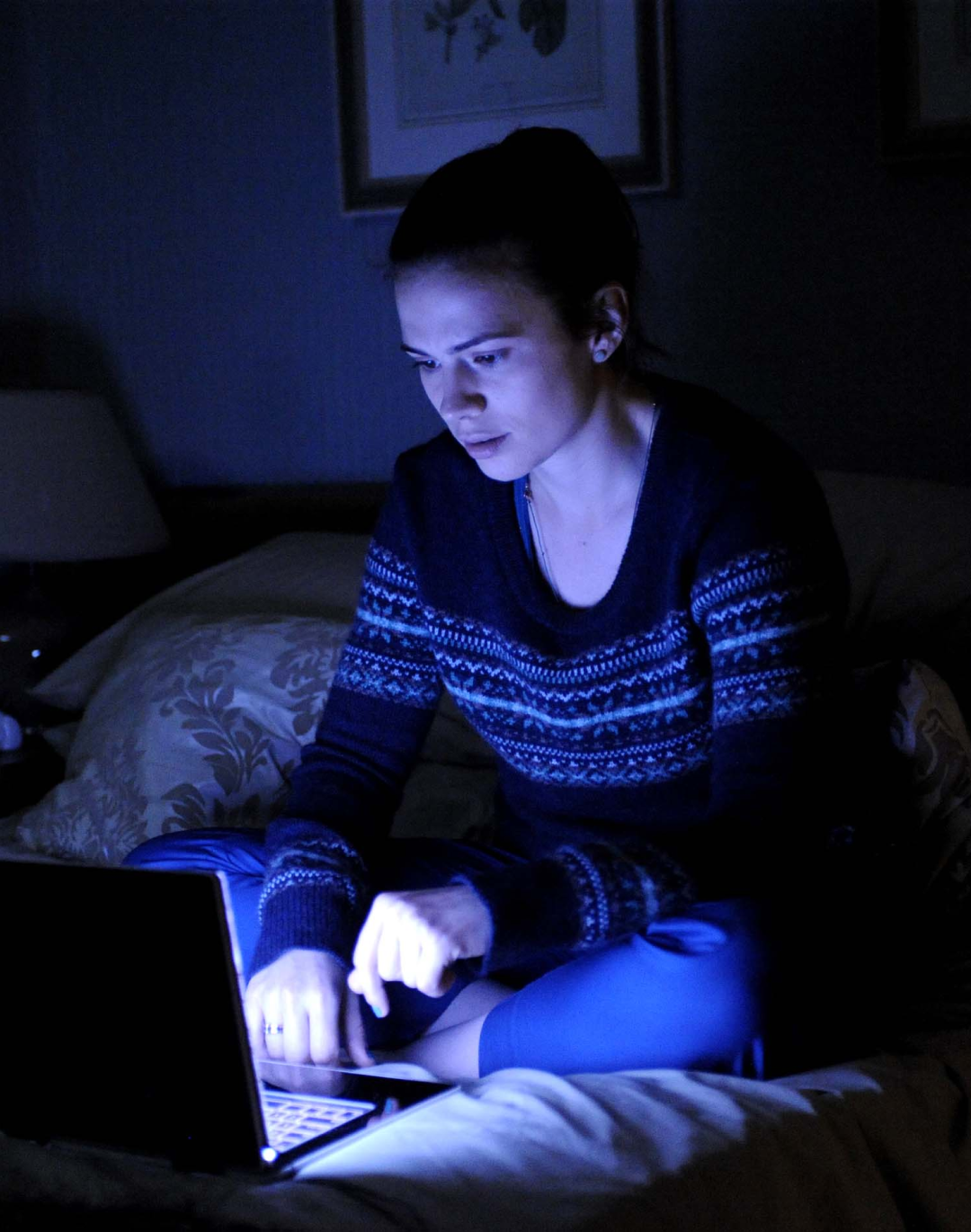
Is Blue Monday really a thing? Perhaps psychology has nothing to do with it, January is depressing in itself
The third Monday of January is considered the most depressing day of the year, a phenomenon now recognized worldwide as Blue Monday, which is, in truth, nothing more than pseudoscience. The formula that calculates this day, in fact, is just a marketing gimmick devoid of any scientific basis. Several articles have addressed the fallacy of Blue Monday, emphasizing its lack of statistical or verifiable qualities that induce depression. A notable criticism of the myth comes from a mental health survey in Japan cited by Forbes: while the research acknowledges an increase in suicide rates on Mondays for men, it attributes it to structural aspects of the workweek, not to a specific day in January. Furthermore, studies show that the suicide risk peaks in spring, not in winter. Rather than focusing on a single Monday, attention should be directed to a "blue season," with Seasonal Affective Disorder (SAD) affecting 10-20 percent of cases of recurrent depression with a seasonal pattern. Despite its debunked origins, people continue to embrace the idea of Blue Monday, turning a myth into a shared experience that legitimizes feelings of melancholy, low energy, and lack of motivation. Notably, the narrative around Blue Monday conveniently coincides with the challenging post-holiday season, marked by reduced sunlight, financial tensions, and abandoned New Year resolutions. While the myth may seem difficult to eradicate, partly due to the society's passion for the sharing of negative mental states both as a means of humor and as a tool for connection, it is crucial to recognize how Blue Monday still influences public perception.
How Blue Monday Originated
The origins of Blue Monday can be traced back to 2005 when a formula, attributed by Dr. Cliff Arnall of Cardiff University as mentioned by the magazine Snopes, drew media attention. Despite Arnall publicly revealing that the formula was part of a marketing campaign for a travel company, in subsequent years, it was exploited by various industries looking to capitalize on consumer behavior after the holidays – essentially trying to sell them something. This is also why the myth of Blue Monday is accused of simplifying and trivializing clinical depression and may have a harmful impact on patients struggling with mental health issues. Despite its questionable origins, the myth has evolved beyond its initial roots, perpetuated by social media and recycled by companies seeking to profit from post-holiday sadness, which is essentially a desire to stay on vacation forever – a sentiment that is, in reality, quite common.
The Influence of Advertisements on Preconceptions
Quando è il #BlueMonday ma tu sei triste dall' 87 pic.twitter.com/cLSlTvdV0O
— Adolf Hipster (@MenteObliqua) January 15, 2024
The persistent belief in the existence of Blue Monday underscores the human tendency to seek patterns and meanings even in randomness. A study from the University of East London mentioned in the publication The Conversation defines Blue Monday as the classic self-fulfilling prophecy, suggesting that the expectation of feeling down on this specific day could contribute to a real increase in depression. Life imitates art, in other words. This is also why, in recent times, mental health charities like Mind actively oppose the perpetuation of the myth, emphasizing that it contributes to misconceptions about a severe disorder like depressive syndrome. While Blue Monday doesn't exist, challenges related to mental health certainly do. Therefore, persisting in following the trend for the sake of participation could have negative repercussions. Nevertheless, the longevity of this concept goes well beyond the peculiarity of a pseudoscientific calculation: the idea of a designated day for heightened feelings of melancholy has rooted itself in our cultural psyche, providing a common excuse for January lethargy.













































